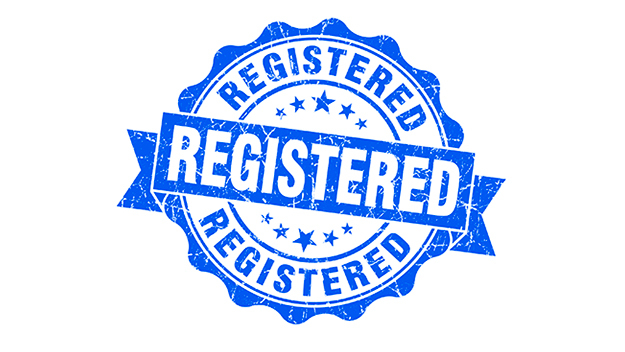Selling a business can be a very complicated affair. You are doing much more than simply selling an asset – you could be severing or transferring a multitude of contracts to the buyer, transferring both tangible property (for instance, stock or equipment) and intangible property (such as Intellectual Property, goodwill, or even social media accounts), and extricating yourself from the complex network of promises, personal guarantees, and personal business relationships.
Selling a business – and doing it properly – involves taking each of the small components which together make your business run, and transferring them to someone new. Most of these will not follow the business automatically. Some of the most common considerations which need to be taken into account in any sale of business are listed below:
Your Premises Lease
is probably one of the most important parts of your business. In addition to a sale of business agreement, you may need to enter a new agreement with either (or both) the buyer and your landlord to transfer or terminate (“surrender”) your lease.
Equipment Leases or Service Contracts
need to be either terminated or transferred to the buyer, depending on the agreed arrangements between the parties. Many businesses lease some of their more expensive equipment – such as coffee machines or heavy machinery. Unless these leases are properly dealt with, you could still be liable for them after selling the business!
Employees
will need to either be terminated (often to be rehired by the new employer), or their employment contracts assigned to the buyer. The approach taken with the employees will determine how employee entitlements, such as annual or long service leave, are to be addressed. If the buyer does not wish to re-employ an employee of your business, the employee will become redundant as there is no business for the employee to work in. This termination will trigger all the ordinary entitlements that an employee has in cases of genuine redundancy.
Goodwill
the general term for the overall value of the business created by its reputation, brand, and identity in the community, is an intangible asset, but often one of the most important ones transferred in a sale.
Securities
will need to be discharged – for example, your bank might have registered a charge over your business (or your business assets) to secure a business overdraft or other loan. They will often register this interest on a public register, which means that the buyer will usually be aware if your business is encumbered and require evidence that it is discharged before they buy from you.
Personal Guarantees
given by you may need to be released. If your business is being run by a company, then it is almost certain that you have given a personal guarantee to at least one person during the course of your business. It is important to make sure that your guarantees are discharged, or you might end up being sued by someone in the future for something that the buyer did after the sale was complete!
Apportionment of Purchase Price
refers to the way the purchase price is broken down between the business goodwill, and the various business assets also being purchased. The value given to each of the business assets can have important accounting and taxation consequences for both vendor and the purchaser.
And many more things
could apply, depending on the nature of your business. These can include obligations under franchise agreements, licenses, or contracts with customers or clients (particularly ones which are partially complete).
You may also be interested in our article – What to know before you buy a business.
For more information or to make an appointment in either our Canberra or Queanbeyan office please do not hesitate to contact Shalini Sree or Mitchell Evelyn:
+61 2 6206 1300 | e: info@elringtons.com.au






